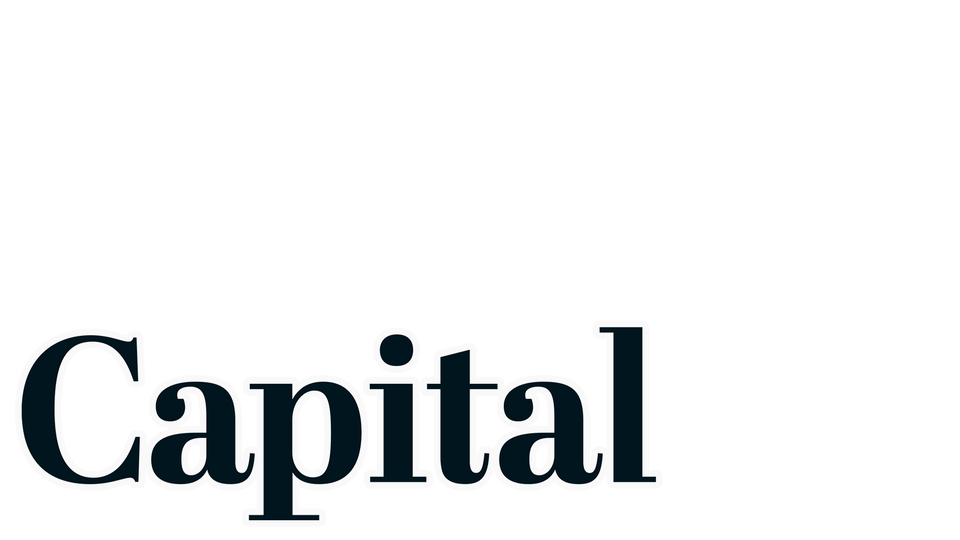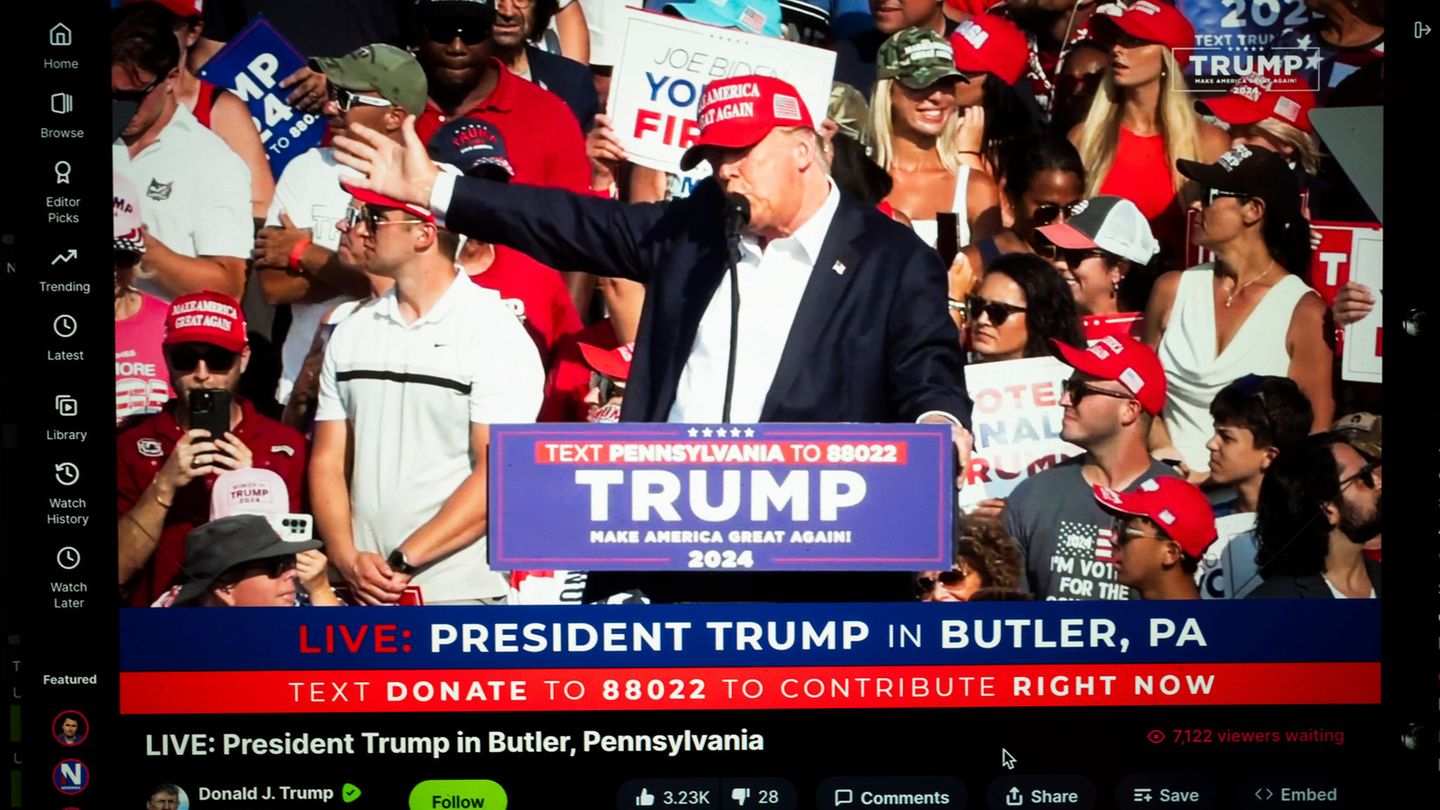interview
Ulrich Kater is chief economist at Deka Bank. In an interview, he explains why the attack on Donald Trump has barely moved the markets – and what a possible election victory means for investors.

This is original content from the Capital brand. This article will be available for ten days on stern.de. After that, you will find it exclusively on capital.de. Capital, like the star to RTL Germany.
Mr Kater, the markets have been very positive after the attack on Donald Trump hardly reacted at the start of the week. Are you surprised?
No, not at all. At most, the markets are pricing in a higher chance of being elected for Donald Trump. This can be seen in the slightly higher yield curve, because a victory for Donald Trump would probably lead to a larger budget deficit. But the reaction on the capital markets to the event is rather moderate, because despite Trump’s clear chances of victory, it is not clear what he could actually implement in terms of economic policy as president.

Were there other events that could have influenced the Attack overshadowed or distorted – for example, the good inflation data that could have led to earlier interest rate cuts?
Politically, there is probably nothing that is attracting more attention today than the assassination. But that does not change the economic outlook for the next ten years so much that the markets have to react to it. Ultimately, the probability of a second term for Donald Trump has increased again, but it was already pretty high before.
To what extent has Donald Trump’s victory already been priced in?
I think they have priced it in completely. We can already see the resulting burdens on the US budget in the interest rate curve, and Trump is seen as positive for the stock markets, at least in the short term. The economy reacts much more mutedly to such events than politics. Politically, an assassination can change a lot very quickly – economically, we have to wait and see what a future US president can actually achieve on his own. That takes time. But it is also clear that political instability in the USA will make the country worse. Strong reactions on the financial markets would no longer trigger the election of Trump as president, but a scenario of chaos and violence around election day or afterwards.
The yield curve and thus bond yields are clearly reacting to a Trump victory. Are we seeing this in other markets as well?
Yes, it is typically the case that changes in government have less of an impact on the economy as a whole than on individual sectors. In the case of Trump, the issue of CO2 transformation would of course be mentioned, which could be reversed. Internal combustion engines could be replaced by electric cars more slowly. Fossil fuels would clearly benefit. And then there is the whole issue of punitive tariffs, which would strengthen the old economy in the short term but weaken it enormously in the long term. That is, when the second-round effects set in after five years and world trade has broken down.
Many investors are now asking themselves how to prepare their portfolios for a President Donald Trump. What should they do?
The upheavals are not so serious that America is suddenly no longer an investable market. The capitalist system will remain intact, if not even strengthened. We do not see any political risk in the sense that investments in the USA would suddenly be expropriated. So the rules that have applied so far apply: continue to diversify widely, possibly even more internationally than yesterday. From our perspective as an investor, real political risks are reserved for countries like China and Russia.
But the markets are already discussing the possibility of the US Federal Reserve being closed if Donald Trump comes to power. How do you price in this risk?
The risk is real and would then lead to further rising risk premiums and a steeper interest rate curve. But again: nobody knows that today, and it would be a serious intervention in the financial constitution that cannot be implemented overnight. It is therefore not rational to take this for granted today. What is realistic today – a higher budget deficit under Trump – is currently being priced in by the markets. Anything else would be going too far.
Source: Stern




